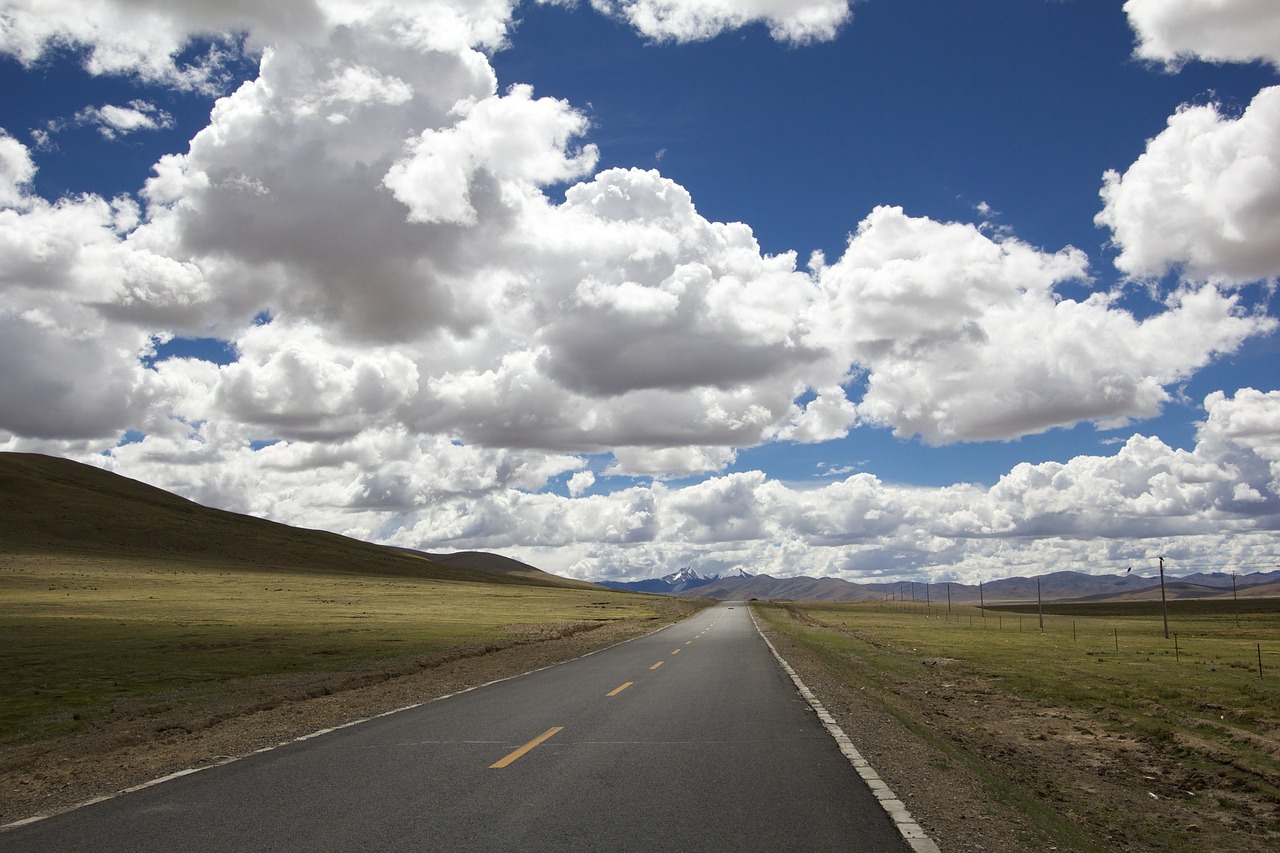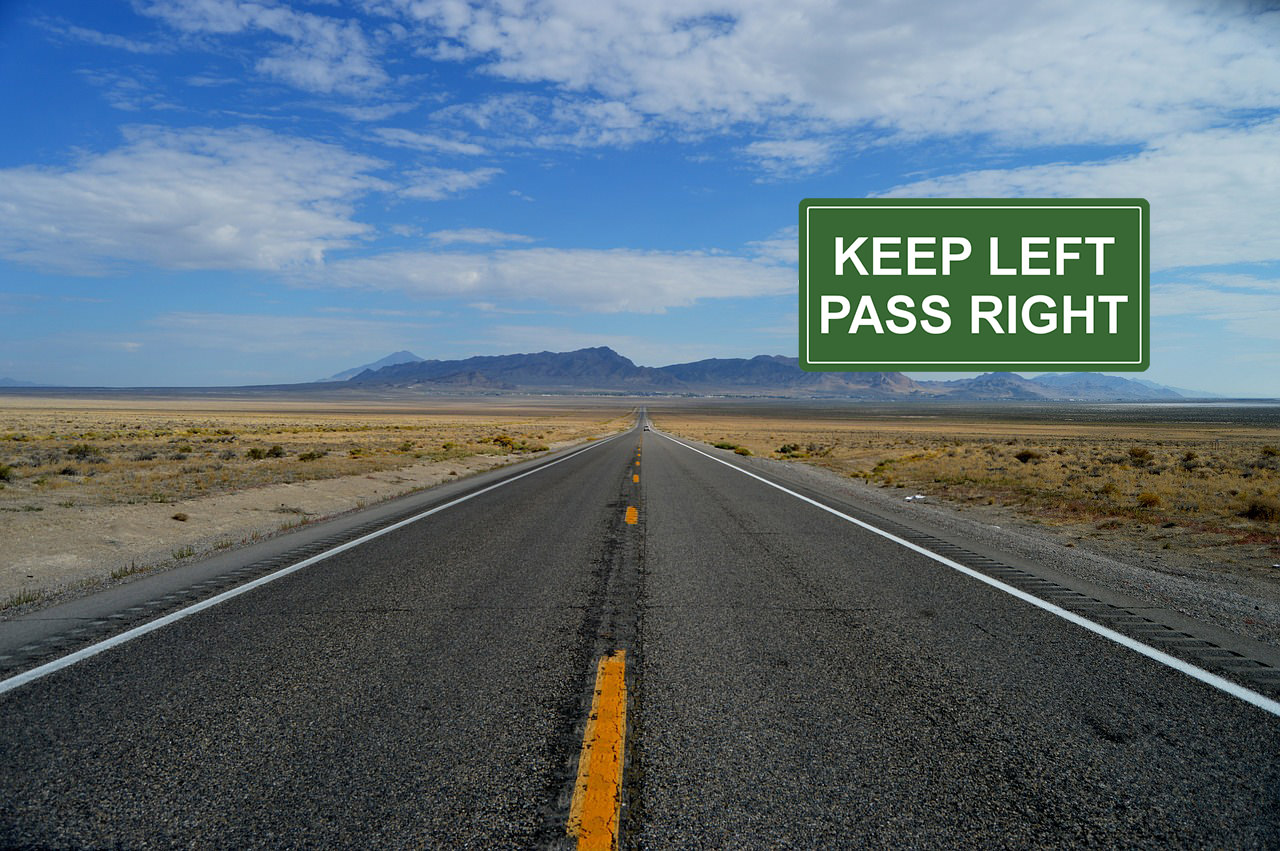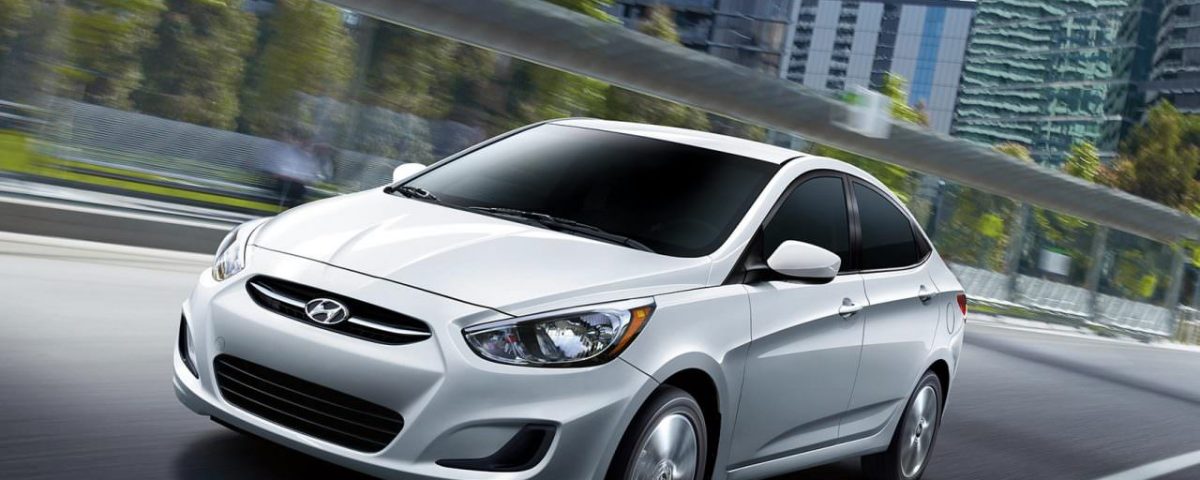
Just Tripping – Making The Most Of Your South African Road Trip
28th September 2017
Everything Americans Should Know About Driving In South Africa
23rd November 2017South Africa is probably one of the best countries in the world for road tripping. We have the largest road network of any country on the continent (spanning some 750 000kms). This means you can get pretty much anywhere you want to go by car.
Unlike organised travel packages or tours, hiring a car gives you unlimited freedom to go where you want, when you want. You can take spur of the moment detours, and make up your own itinerary. It’s a very liberating way to travel!
Travelling by car also gives you a lot more flexibility in terms of luggage. You’re not restricted by weight allowances or numbers of suitcases, and can shop for souvenirs to your heart’s content!
Of course, although car hire gives you the freedom to follow your instincts and indulge your wanderlust, it is good to have a basic plan of where you want to go. It’s also helpful to have a rough idea of what you’d like to do while you’re there. Are you a culture vulture who loves museums and historical sites and buildings? Or are you more adventurous, looking for adrenaline-filled activities such as bungee jumping and shark diving? Perhaps you just want to relax on a sunny beach and catch up on some much-needed R and R?
Knowing where you want to go and what you’d like to do will help make your holiday easier to plan. It will also help you decide on the type of car you hire. Although most roads – even the gravel ones – are easily doable in 2-wheel-drive vehicles, there are some places where only a 4×4 will do. You will also need to think about how much boot (trunk) space you’ll need, how powerful the car should be, and whether you’ll be travelling in the summer or winter.
Remember that South African seasons are opposite to the Northern Hemisphere – we have our summer from December to February. Most of the country gets summer rain, except for the Western Cape, where the summers are usually dry.
Helpful Hints For Carefree Car Hire
Hiring the right car is one of the most important decisions you can make when planning a road trip in South Africa. Most people choose their car based on budget, but it really is worth taking the time to factor in a few other considerations as well.
Number Of People
If there are only two of you, and you don’t have much luggage, then a small car is ideal. Cheap and cheerful, a little hatchback is both budget-friendly and perfect for parking! It is also one the most fuel-efficient options. This allows you to travel further without breaking your budget.
If you’re a family travelling with children, you’ll naturally have more luggage. A family-friendly sedan would be perfect in this case. If you’re driving long distances, an SUV may be preferable, as it’s slightly roomier. SUVs also usually have bigger boot spaces than sedans. If you have items such as toddler pushchairs in addition to your luggage, this could be a better option for you.
Type Of Terrain
Most roads in South Africa are in good condition. We have over 16 000kms of tarred National roads. These are the main arterial roads linking the major cities, such as the N3 from Johannesburg to Durban, and the N2 from Cape Town to Durban and beyond. These roads are supplemented by metropolitan freeways and provincial main roads – all of which are tarred.
South Africa also has a massive network of secondary roads, which are either gravel or surfaced. Most of our 300 000kms of “country” gravel roads are in excellent condition, as are about 170,000kms of supplementary surfaced and non-surfaced roads in urban areas.
All of which means a standard 2-wheel drive vehicle is more than adequate for the vast majority of the roads you’re likely to encounter on your trip. However, if you’re planning a slightly more adventurous excursion, you might want to consider a bigger, more rugged vehicle. Some roads along the Wild Coast, for example, are usually only accessible by 4-wheel-drive – especially if it’s been raining. At the very least you’ll need an SUV, as it has higher ground clearance than the average sedan.
Although you won’t need one for the roads, a 4×4 in the many game reserves in South Africa can be very useful as it gives you additional height. This offers a better viewpoint for spotting game than lower-to-the-ground sedans.
Compulsory 4×4 Areas
Definite 4×4 areas include certain areas in the Drakensberg, the Western Cape coast and certain parts of the former Transkei. If you plan to include a trip across the border into Mozambique, Namibia or Botswana, a four-wheel-drive vehicle is highly recommended (compulsory, actually, for Mozambique).
A trip up Sani Pass in the Drakensberg is always a great highlight, but a 4×4 is compulsory here too. Border authorities at the South Africa/Lesotho border are likely to refuse you permission to drive up the pass unless you have the right vehicle. The conditions of the pass are testing, so enforcing this rule is in the best interests of safety for all drivers.
You also need to produce proof of vehicle ownership and insurance. If you are hiring a car, you can ask your rental company for written permission to take the vehicle across the border. This then acts as your Border Letter of Authority.
Distances Travelled
South Africa is a vast country, so the chances are you’ll spend many hours at a time in your car during the course of your road trip. The country’s two most iconic tourist destinations — the Kruger National Park and the city of Cape Town — are over 1 700kms apart. If you’re planning to visit both these places, you’re in for a long drive! In a case like this, it’s really worth hiring the best car you can afford to give you the most comfortable trip.
If you’re going to visit more remote areas, be aware of your fuel consumption. You will always find fuel along the main freeways and in all towns. But once you start venturing further afield, opportunities to get fuel will become fewer and further between. If you’re really going to be “out in the sticks,” consider hiring a vehicle with long-range fuel tanks. Alternatively, carry spare fuel with you in jerry cans.
Other Considerations
- Types of Transmission – Most rental cars in South Africa have a manual transmission. If you’d prefer an automatic, you need to mention this when you book. Automatic cars are usually more expensive to hire.
- Insurance – If you plan to travel on a lot of un-surfaced roads, check the damage policy of your car hire company. Some insurance policies won’t cover you if you’ve taken the car on “unsuitable” roads.
- Security – it is worth making sure you can pack your luggage in such a way that it’s not visible from the outside of your vehicle. In the case of a hatchback or SUV, check that the car you’re hiring has a sliding luggage cover. This is especially useful when parked in a town, or a busy tourist area.
If you’re looking for a car hire company with a range of cars to suit your unique South African road trip, chat to Tony’s Car Hire. We’ve got over 20 years in the business, so you can trust our advice and our vehicles.

